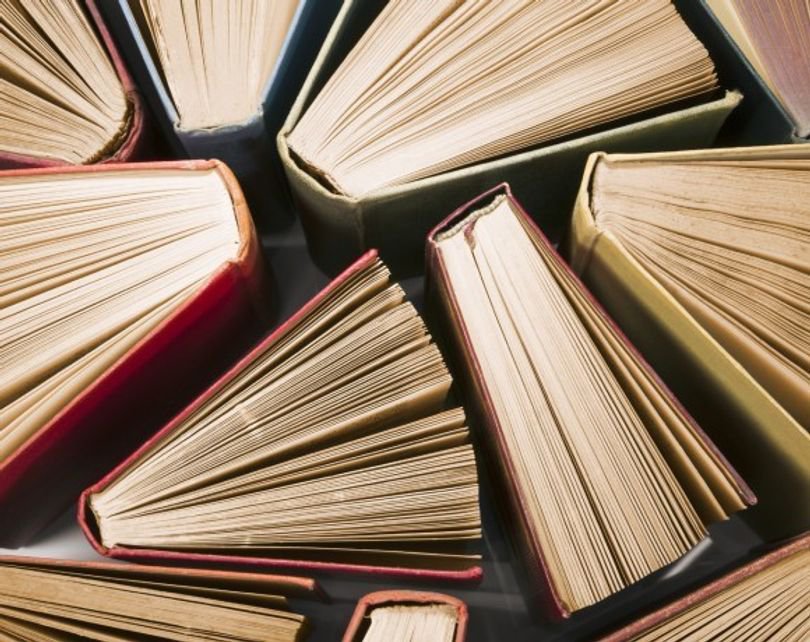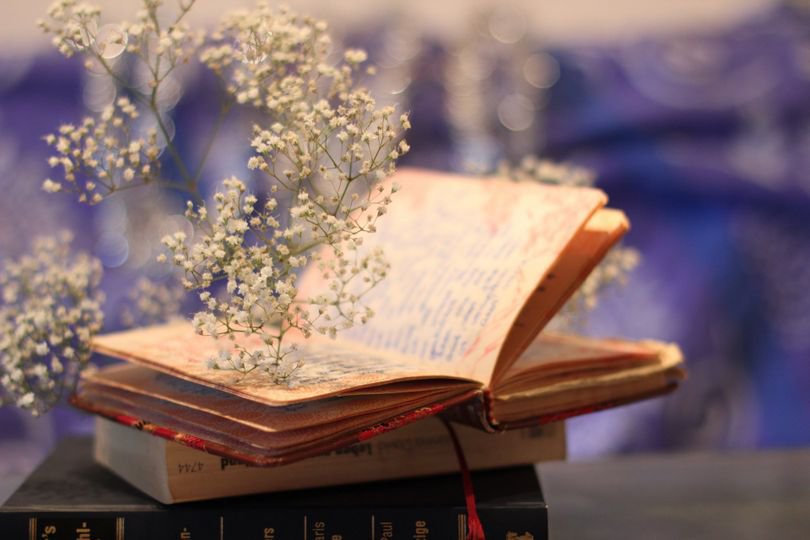Practical techniques
Classic game
It is very useful for novice poets to read the classics: to see what topics have been raised repeatedly, what forms and techniques have been used for a long time, how the idea of poetry has changed over time. This will help not to fill all the bumps on your own and not to discover unnecessary Americas, but at the same time develop a sense of taste and learn some history.
This method has its own catch: the classic tends to become obsolete, and the reader, by inertia, considers it an indisputable authority, which creates difficulties in evaluating one’s own works. In addition, the closer to the present, the greater the debate about whether to consider a particular author a classic, especially if he is still alive. Because of this, many stop at the beginning or middle of the twentieth century, because then “everything is complicated.”
Imitation method. Should I kill a mockingbird?

Just to read and purely theoretically learn other people’s techniques will not work for everyone. Rather, on the contrary – after reading a bright author, lines will spin in your head that are surprisingly similar in style and subject matter. And this is not at all bad if we consider them as training for mastering new material. The main thing is to push off in time and fly further. Almost all famous poets started with imitations, gradually developing their own handwriting.
The danger of this path lies in the fact that the postmodern indulges players with other people’s texts, lulling the craving for novelty. A frankly secondary poet can do quite well these days, but will it really be poetry?

Literary analysis.
You can not only copy someone else’s poetry, but also take it apart and see what’s inside it. This is what literary theory does. It provides ready-made “spare parts” for creativity – literary techniques and schemes.

For an advanced author, this will be of great help: knowing all the tricks like metaphors, alliterations and inversions, it is easier to express what you want on paper without repeating your predecessors. Moreover, these building blocks can be used to build poems not only in their native language, but also in a fairly familiar foreign language.

But much knowledge gives rise to many sorrows. The most common mistake of theorists is unnecessarily overloaded, unnatural texts. Some images and techniques can become fashionable and wander through the poems of different authors, which sometimes looks comical. And the main paradox: the more you delve into the details, the more you miss them. I want, like the futurists, to spit on paper and sign my own helplessness. We have to find inspiration again under a pile of technical nuances.